BY Dan Olmsted
I've got an idea: Let's not vaccinate kids until they turn two, at the earliest. Of course, I'm not a zealot like the industry-funded Every Child By Two folks who made themselves look like paranoid idiots in New York City last week. I'm just someone who has heard enough from parents and read enough simple science to know that, for starters, some children are vulnerable in ways we don't understand to neurological problems after vaccination; some vaccines given too early can trigger asthma; some vaccines -- HepB and chickenpox, to name two -- are unnecessary; and the whole kit-and-kaboodle has never been studied in toto on human infants, but when it was tested on primates, those little monkeys got really sick and developed features that resemble autism.
As I say, I'm not a zealot: If a mother has HepB, by all means vaccinate the child; if polio pops up in Peoria (unlikely), by all means vaccinate infants; if rotovirus starts to strike down American infants the way it does in developing countries (for which it is really intended -- getting it approved here is just good precedent for the manufacturers to inoculate kids in Africa and Asia by the tens of millions), then get Paul Offit, stat!
I first heard the No Child By Two idea -- though he didn't call it that -- from a doctor who treats the Amish. His own infant daughter had a vaccine reaction from hell -- she actually GOT the disease the vaccine was designed to protect against and spent several precarious days in the hospital's intensive care unit. That gave the doctor a taste of his own medicine, so to speak, and ever since he has urged his patients -- many of whom are non-Amish and show up expecting to follow the CDC immunization schedule -- to wait till the child is two. That way, he reasons, their neurological and immune systems will be better able to withstand the effects of the current vaccine load -- I forget, is it 14, or 36, or 10,000, or 100,000? Whatever, it's too many too soon, and too many are unnecessary, and they are by no means Green with the mercury, aluminum and such that's still in there (yes, I know, it's only flu shots, blah blah blah).
No Child By Two makes things much simpler. I always get asked what I would suggest a parent do if they are concerned about vaccines. After saying I have no kids and no medical expertise, I have to start talking about the lunacy of HepB at birth, why the MMR should be unbundled and given later and NEVER on the same day as the chickenpox shot, which isn't really necessary, and by the way is there any history of autoimmune disorders in your family?, because then you might want to rethink the whole thing …
Frankly, that kind of piecemeal advice doesn't work very well, in my limited experience. I've already described my friends who I convinced not to get their newborn vaccinated with HepB at birth, but then they went ahead with the two-month shots and ended up with their baby screaming for three hours straight after waking up from a dead "sleep." "Don't worry," the pediatrician said, "it's just 'screaming baby syndrome.'" If they had known about the risk of this apparently benign and predictable "screaming baby syndrome," they would have waited, I assure you.
Too many parents know that on this issue, they simply can't trust their pediatricians. I had a conversation recently at a party with an ob-gyn who knew my work. "What about the Danish studies?" that exonerate mercury as a cause of autism, she asked.
I responded. "I don't find them very convincing. Do you?"
"Yes," she said, "I do."
"What about the part where they included outpatient autism cases just at the point where the rate might have dropped if thimerosal was implicated?"
"They did?" she said, obviously surprised. She either hadn't read it, or hadn't read it carefully, or took the AAP/CDC summary hook, line and sinker. Anyway, good luck having that conversation with most baby doctors as you try to argue shot by shot for deferring, de-bundling or dropping the ones that are clearly ridiculous.
No, this is much simpler, and it has the advantage of rubbing the Every Child by Two crowd's collective noses in their own slogan. Some readers, even those who agree with me, are going to cite the practical issues -- pressure from hospitals and pediatricians and day care and so on. My only answer is, so what? Get a new pediatrician, don't send the kid to daycare -- whatever it takes. Regressive autism by and large begins to manifest itself between ages one and two, and if it were me I'd do whatever it takes to shield a child from that risk (and the risk of asthma that Mark Blaxill outlined in a recent column, and ADD, ADHD, etcetera etcetera etcetera). As I understand it, the really nasty battles kick in when a child shows up for public school, and as my Amish-community doctor said, there's plenty of time to start vaccines at age two, space them out decently and still have a child arrive for the first day of kindergarten fully immunized.
What even a lot of people concerned about the CDC immunization schedule tend to forget is that vaccines were not always aimed at infants (or in the case of flu shots, fetesus). There's a 1990 book by Harris Coulter -- one of the unsung elders of the sane vaccination movement -- titled Vaccination, Social Violence and Criminality, which I commend to everyone.
The introduction is titled "The Most Immunized Child in History!" Here are the first few paragraphs:
"The twentieth century is the age of vaccination. Edward Jenner's 1798 discovery that cowpox inoculation prevents later infection with smallpox was the start of a new science. … Most [vaccines] have been beneficial, especially those against the great epidemic diseases which once ravaged Africa, Asia, and Latin America -- bubonic plague, yellow fever, cholera, typhus, and poliomyletis. … These triumphs of immunology are undisputed, and no criticism is made of them in the following pages. …
"However, as so often happens in human affairs, success led to excess. After taming these ancestral scourges, physicians sought new challenges and, in due course, directed their attention to common diseases of childhood.
"The first such vaccine was for whooping cough (pertussis) in 1925. A vaccine for measles followed in 1960, for German measles (rubella) in 1966, and for mumps in 1967. A vaccine against chicken-pox is under preparation today.
"Researchers and physicians, however, gave insufficient thought to the difference between the fully grown adult and the newborn baby. Even in the former, the injection of toxic proteins carries a measure of risk. Injecting the same material into small babies is far more dangerous. The adult immune system has been toughened and can withstand the stress of vaccination. The two-month-old baby is inconceivably more vulnerable. But that is when immunization commences in the United States."
In a footnote, he add, "The rule that vaccination should start at two months -- earlier in the United States than in any other country -- is designed mainly for the convenience of pediatricians."
Talk about an early warning -- this wise counsel from 1990 seems almost quaint from the perspective of 2008, what with HepB at birth, rotovirus, etcetera etcetera etcetera. But Coulter was ahead of his time in many ways: The first chapter is titled Autism, and it may be the earliest full-length discussion of the possible connection to vaccines.
So … who's anti-vaccine? Not me, and certainly not Harris Coulter. We're not against, we're FOR -- for a rational public policy discussion and an urgent science-based evaluation of the current CDC immunization schedule. That's it. And that's a position shared by the two presidential contenders, the former head of the NIH and many other people with "standing" who increasingly are on our side, not Paul Offit's and the frozen-in-amber Rosalynn Carter's. Such a study shouldn't take long -- two years should be sufficient, wouldn't you think? Until we get it, I say No Child By Two.
--
Dan Olmsted is Editor of Age of Autism.
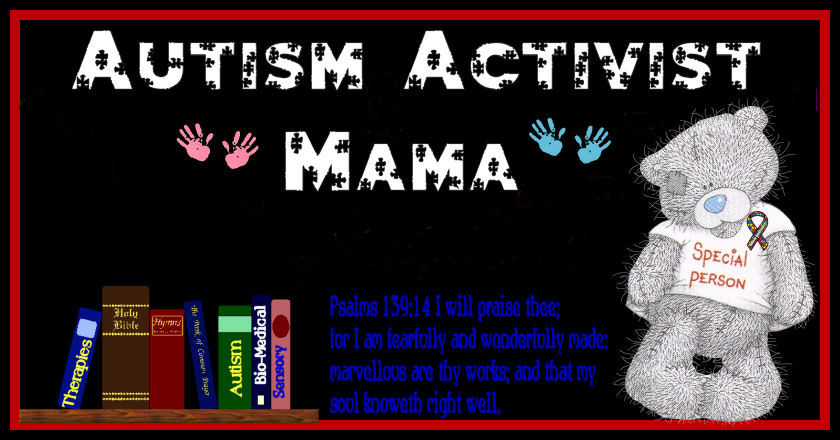




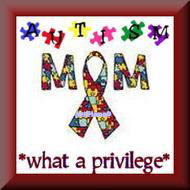

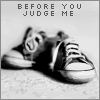
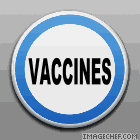
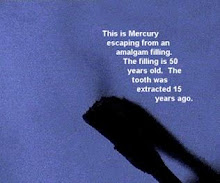
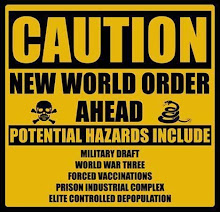
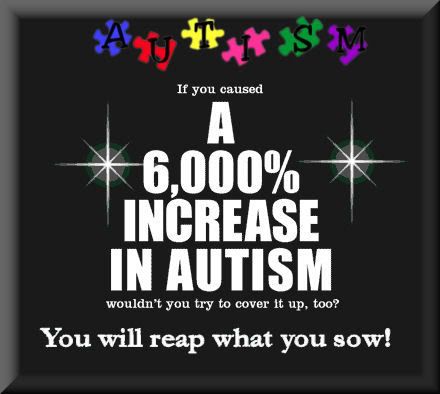
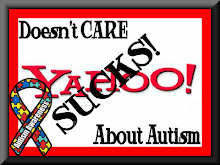
David Kirby Posted January 27, 2008 | 04:19 PM (EST)
http://www.huffingtonpost.com/david-kirby/pediatricians-abc-and-ce_b_83472.html